Events
Events
The 4th Witch
HARRY POTTER AND THE CURSED CHILD

Avery Bar Chocolat returns to The Ritz-Carlton, Boston this Holiday Season

Avery Bar Chocolat returns to The Ritz-Carlton, Boston this Holiday Season

Avery Bar Chocolat returns to The Ritz-Carlton, Boston this Holiday Season

Avery Bar Chocolat returns to The Ritz-Carlton, Boston this Holiday Season

Downtown Boston Holiday Market

Avery Bar Chocolat returns to The Ritz-Carlton, Boston this Holiday Season

Avery Bar Chocolat returns to The Ritz-Carlton, Boston this Holiday Season

Boston Tea Party Anniversary Tour
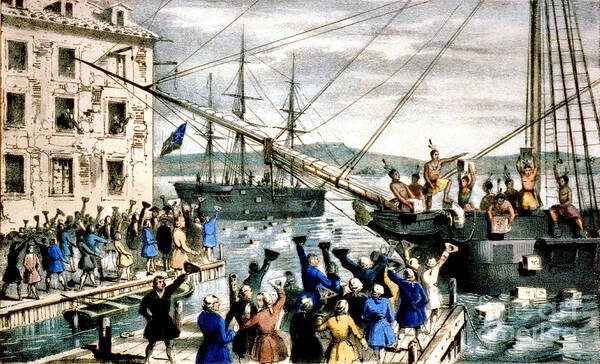
HARRY POTTER AND THE CURSED CHILD

Boston Ballet presents Mikko Nissinen’s The Nutcracker
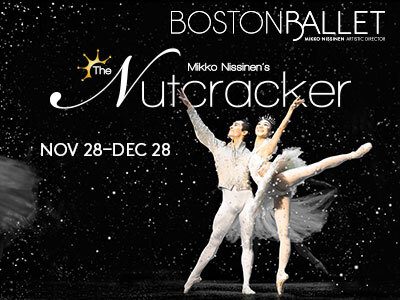
The Rock Orchestra by Candlelight
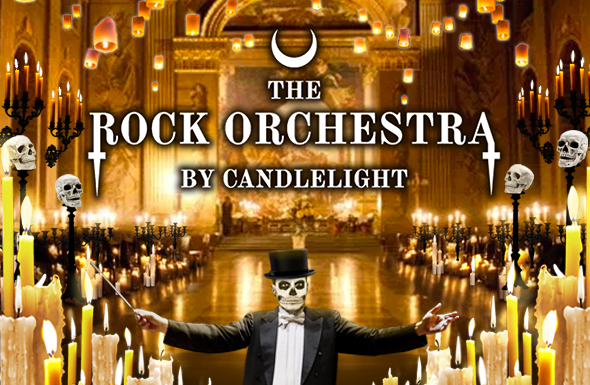
HARRY POTTER AND THE CURSED CHILD

Annual Messiah Sing

HARRY POTTER AND THE CURSED CHILD

Boston Ballet presents Mikko Nissinen’s The Nutcracker

Downtown Boston Holiday Market

HARRY POTTER AND THE CURSED CHILD

Boston Ballet presents Mikko Nissinen’s The Nutcracker

Downtown Boston Holiday Market

Spanish for Lunch!… Viernes: Online

HARRY POTTER AND THE CURSED CHILD

Boston Ballet presents Mikko Nissinen’s The Nutcracker

December Sensory Friendly Morning at the Old State House
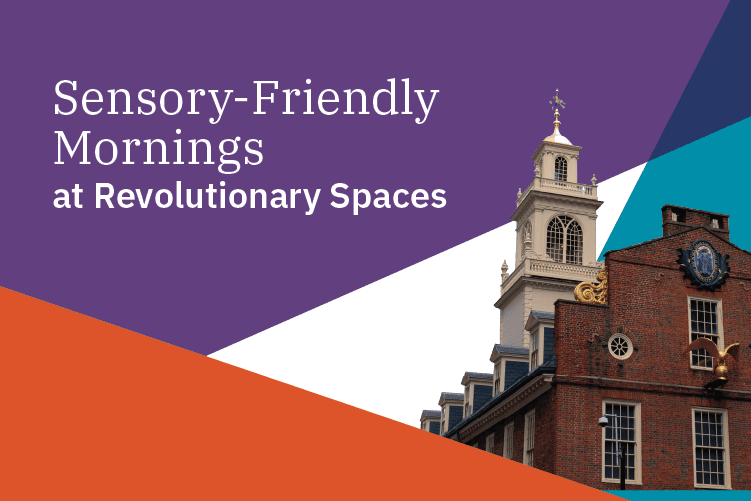
Downtown Boston Holiday Market

Avery Bar Chocolat returns to The Ritz-Carlton, Boston this Holiday Season

Visit with Santa

HARRY POTTER AND THE CURSED CHILD

HARRY POTTER AND THE CURSED CHILD

Boston Ballet presents Mikko Nissinen’s The Nutcracker

Liberated

Avery Bar Chocolat returns to The Ritz-Carlton, Boston this Holiday Season

Boston Ballet presents Mikko Nissinen’s The Nutcracker

Juegos de Palabras: Spanish game night at BASE
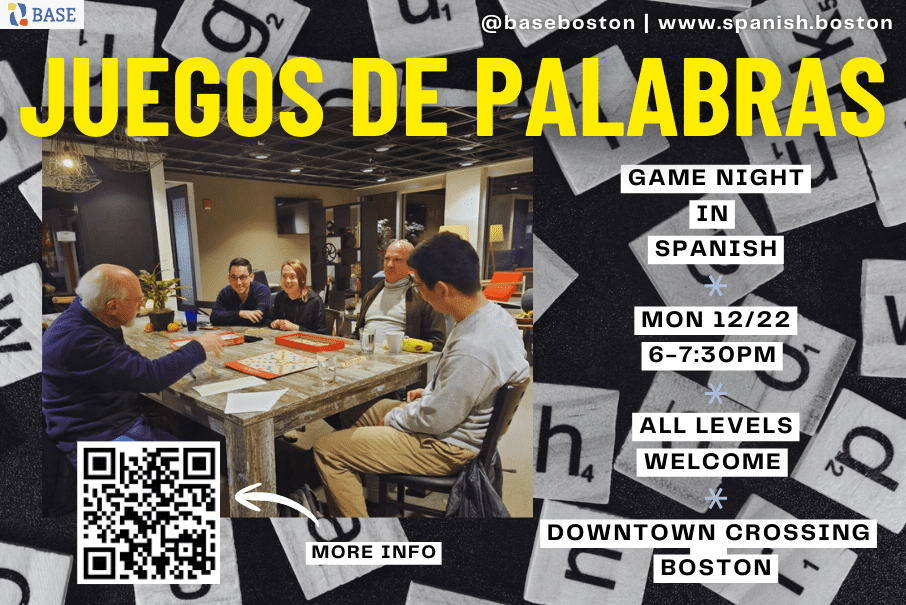
Boston Ballet presents Mikko Nissinen’s The Nutcracker

Boston Ballet presents Mikko Nissinen’s The Nutcracker

Historic Holiday Stroll
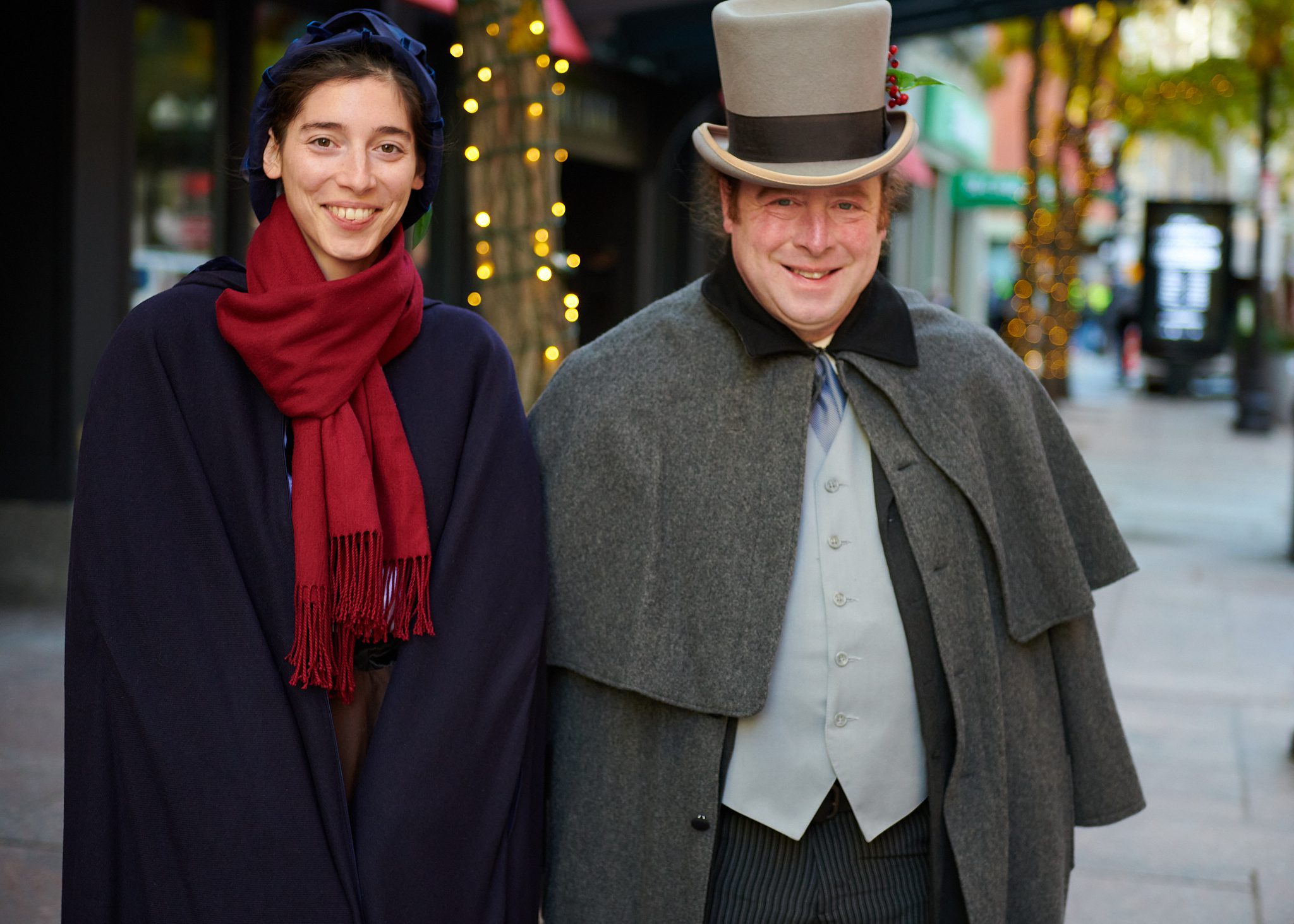
Boston Ballet presents Mikko Nissinen’s The Nutcracker

Avery Bar Chocolat returns to The Ritz-Carlton, Boston this Holiday Season

Boston Ballet presents Mikko Nissinen’s The Nutcracker

Avery Bar Chocolat returns to The Ritz-Carlton, Boston this Holiday Season

Boston Ballet presents Mikko Nissinen’s The Nutcracker

Kids’ Noon Year’s Eve
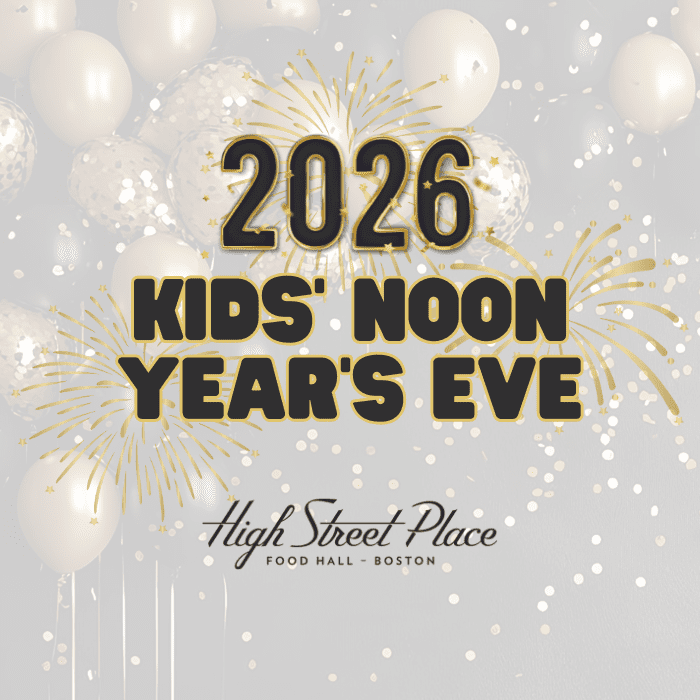
Spanish for Lunch!… Viernes: Online

Spanish for Lunch!… Viernes: Online

Portuguese Classes in Boston (in-person and online courses)

Affordable Spanish Classes in Boston (in-person and online courses) | BASE

Spanish for Lunch!… Viernes: Online

Spanish for Lunch!… Viernes: Online

An Evening with Sutton Foster

Noli Timere
Samay Raina

The Hellenic Music Ensemble

An Evening with Fran Lebowitz

The Things Around Us
Hadestown
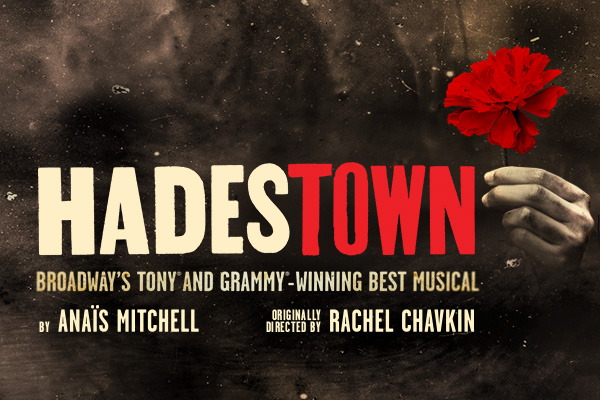
The Phil Collins Story

The Music of Queen
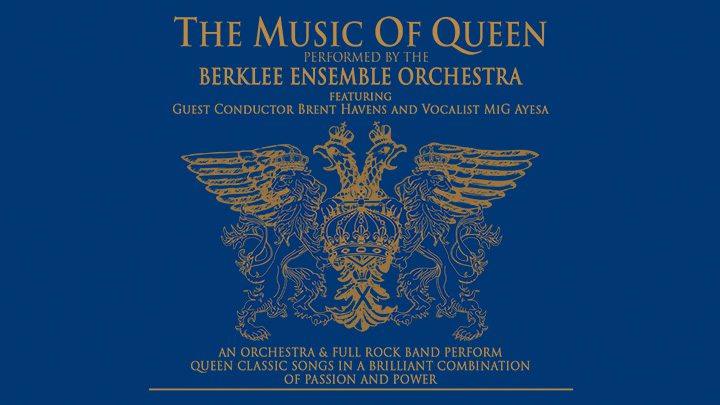
The Cat in the Hat

Stereophonic
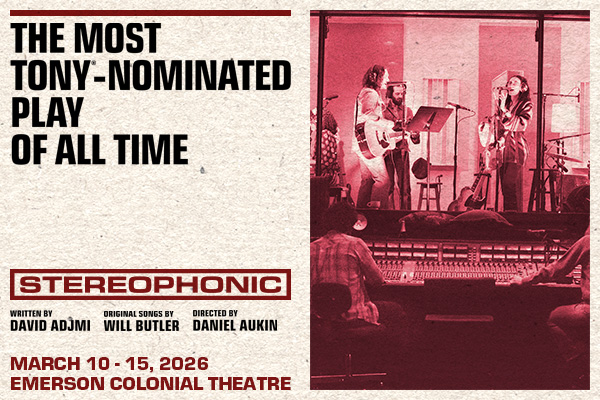
In Old Age
The Simon and Garfunkel Story

Dog Man: The Musical
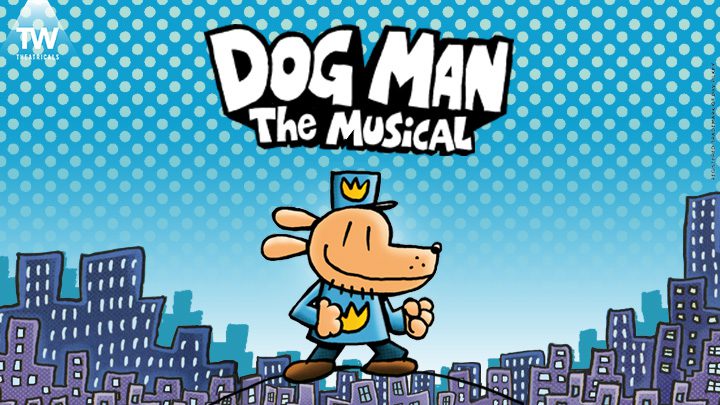
The Secret Sharer
Luca Sulic: Life Tour

Add Your Heading Text Here
Downtown Boston welcomes thousands of events every year! Public art, musical performances, marquee attractions, and block parties are only a few of the ways in which you can expect to enjoy the vibrant neighborhood. There is always plenty to explore, so check out the event calendar and find your next adventure!
Plan Your Visit
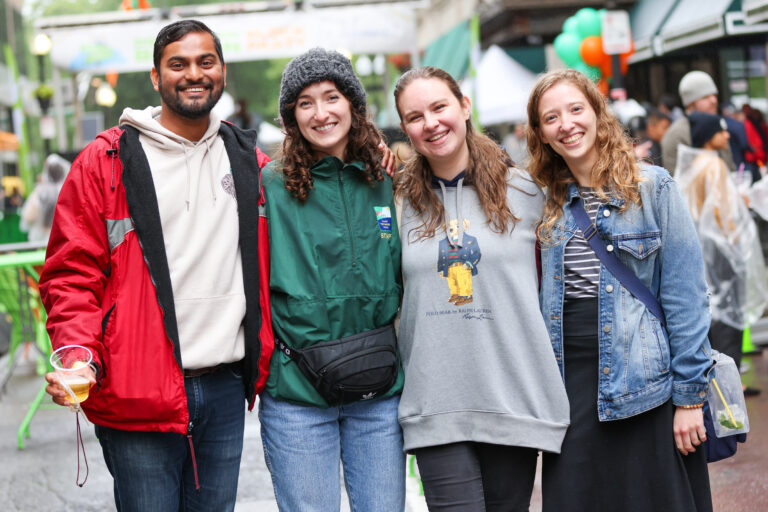
Downtown Boston is easy to get to, with connections to all major MBTA lines, a network of bike lines, ample parking garages, and flat walkable streets. Then, once you arrive, stay at one of 7 beautiful and welcoming hotels.
Live here
IN THE HEART OF IT ALL
From high-rise apartments with unreal views to renovated lofts and student dorms, Downtown Boston has a spot for everyone. There’s nowhere more lively and convenient to call home than right in the heart of the city.
Work Here
DO BUSINESS
In downtown, finding a spot to work is a non-issue. For remote workers craving a change of scenery, there are plenty of cafés and co-working spaces. If you prefer spending days in the office, it’s a convenient and easy commute to top companies.



